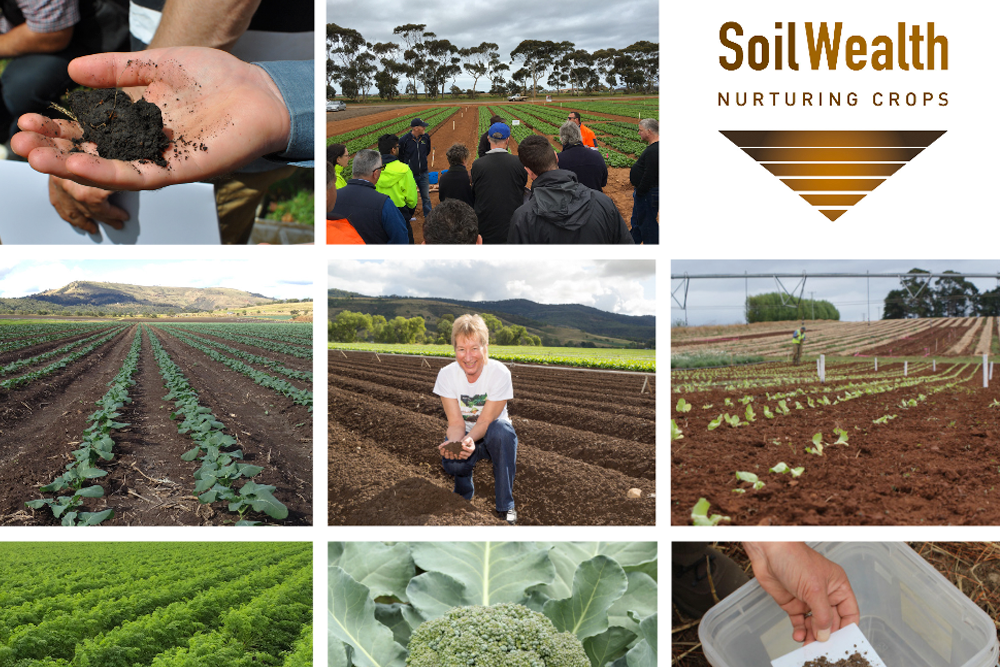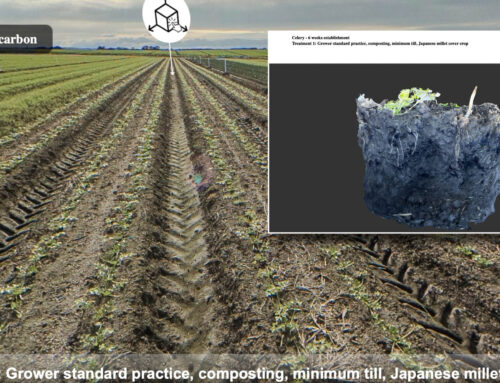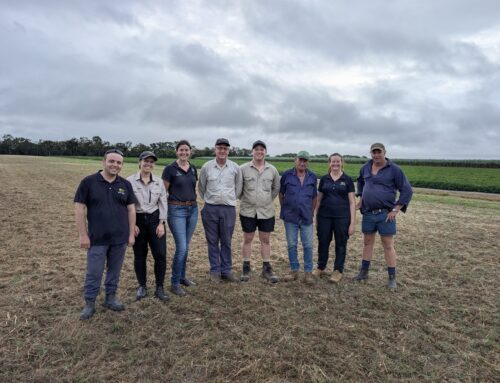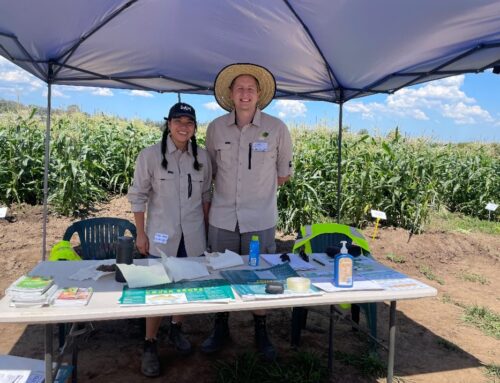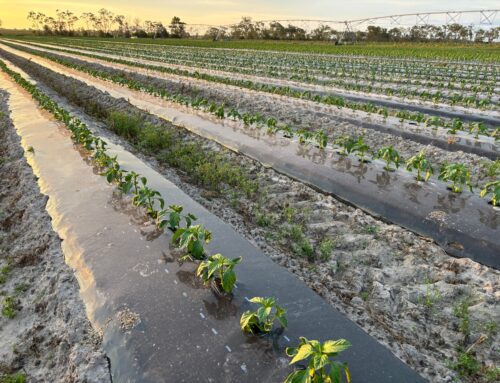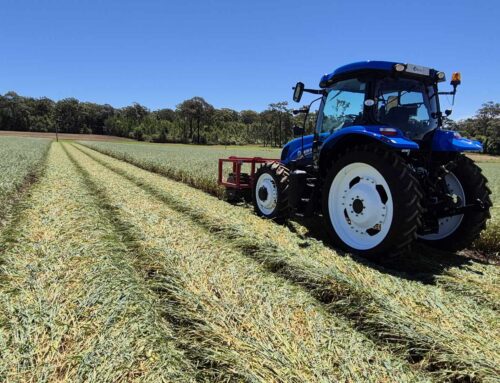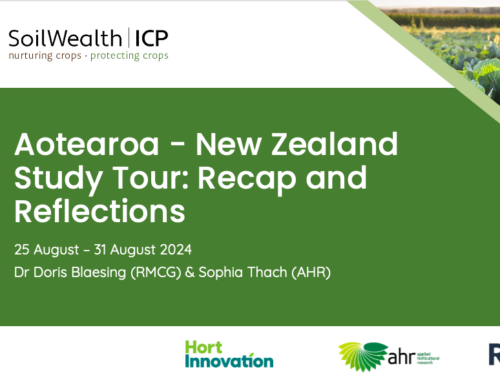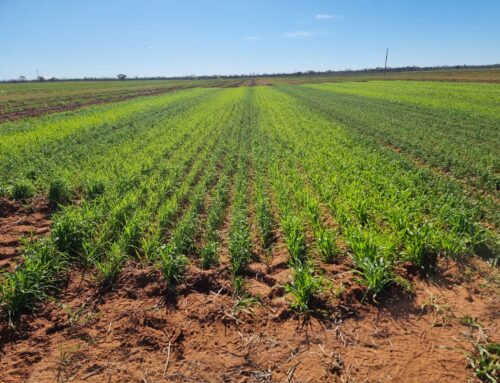There are many things we can take for granted, and in vegetable and potato production this can be as simple as nutrition and its impact on a crop from a plant physiology perspective.
However, growers and advisers armed with a deep knowledge of nutrition and its practical application in a crop are better placed to ensure that crop achieves peak production.
This is a focus for plant nutrition company Stoller Australia, which has been active in the Australian market for 25 years and over 50 years worldwide through its development of liquid fertilisers and nutrient products for a range of crops.
“We use a science-based approach to look at a plant’s nutrient needs and maximise the timing of those nutrients to improve yields,” Stoller Australia Technical Manager Domenic Cavallaro said.
“A key focus for growers in vegetable production is to maximise the root growth of a plant as this can provide the nutrients and water required for the yields that growers are looking for.
“It is also important for growers to be aware of the environmental conditions and stressors that plants experience during their growth (such as temperature and levels of moisture) and how we can overcome those stressors to improve yields.”
Nutrients to look out for
According to Domenic, adequate levels of both phosphorus and calcium are important for root growth in a plant. Calcium can be used to reduce sodium chloride build-up, especially when brackish water is used for irrigation.
Boron and calcium are also important for improving the shelf life of fresh produce as it helps to reduce the effects of oxidation. Sufficient levels of boron and zinc can also promote root growth as well as flowering and vegetative growth.
As nutrition is not always front of mind for growers, Stoller delivers ‘masterclass’ training for growers, agronomists and specialists which provides a refresher on plant physiology, the need for nutrients and the timing of their application in a crop.
“It’s nothing new to a lot of people but we focus on revisiting existing knowledge and refreshing the standard approach to maximising nutrition,” Domenic said.
Monitoring to manage
Domenic emphasised that soil and leaf testing plays a critical role in securing the yield potential of a crop and ultimately a grower’s return on investment.
“Soil and leaf testing is a really important nutritional management tool as it takes the guesswork out of where a plant is during its growth stages and makes sure inputs are fully utilised. For vegetable crops, this can be as simple as an annual soil test and 1-2 leaf tests during crop growth, unless nutrient deficiencies need to be corrected,” he said.
“If you see visual deficiencies in a crop, it’s too late as they should have been addressed 4-6 weeks earlier.”
Domenic added that soil and leaf testing works most effectively when growers incorporate it into their overall program.
“The main aim is to have it part of your program so you’re proactive and see any deficiencies before they become a problem. It also gives growers an opportunity to check the crop and do a visual inspection at the same time.
“The opportunity of managing soil is integral with maximising yield and nutrition. If we get nutrition right – making sure it is spot on, timed right for the seasons and used efficiently – it goes a long way to maintaining the viability of our soils.”
Further support and reading
You can find out more with our soil testing and interpretation guide for vegetable crops or our webinar recording on leaf and sap testing for managing vegetable crop nutrition.
Interested in joining the Partnership Network? Click here.

